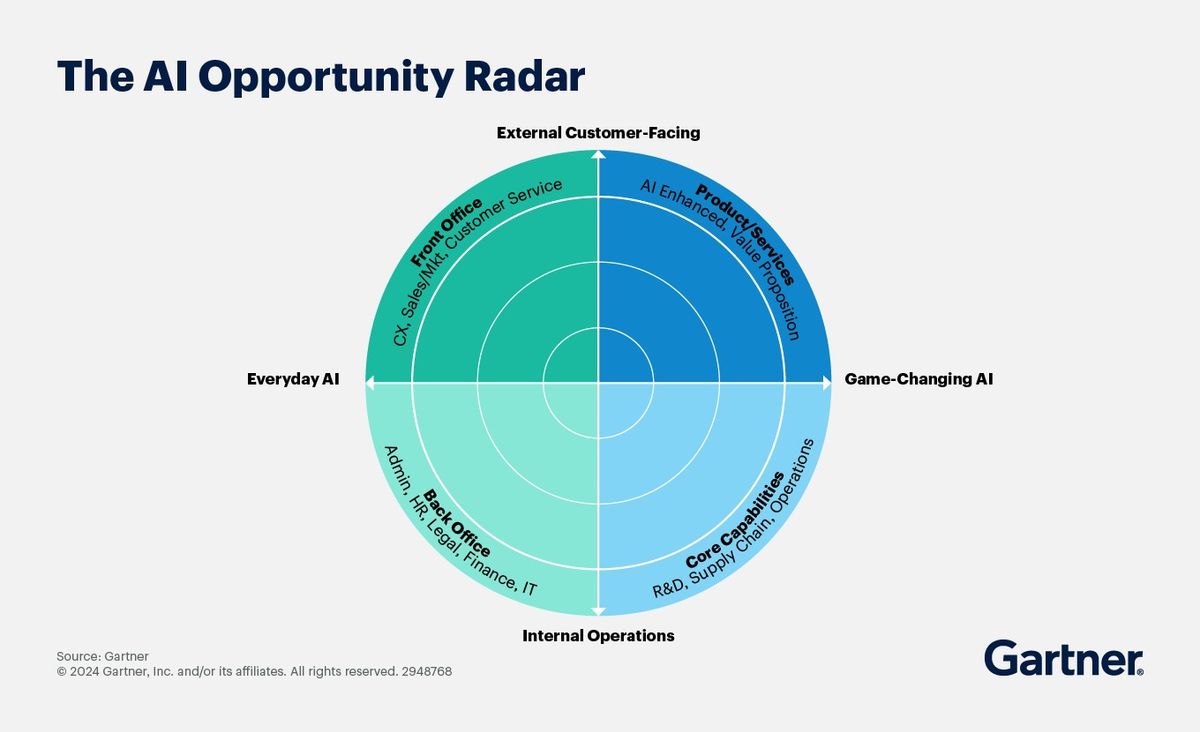At least 30% of generative AI (GenAI) projects will be abandoned after proof of concept by the end of 2025, due to poor data quality, inadequate risk controls, escalating costs, or unclear business value, according to a report from Gartner Inc.
“After last year's hype, executives are impatient to see returns on GenAI investments, yet organizations are struggling to prove and realize value. As the scope of initiatives widen, the financial burden of developing and deploying GenAI models is increasingly felt,” Rita Sallam, Distinguished VP Analyst at Gartner, said in a release.
In addition, many organizations struggle to justify the substantial investment in GenAI for productivity enhancement, which can be difficult to directly translate into financial benefit. That means that GenAI projects require a higher tolerance for indirect, future financial investment criteria versus immediate return on investment (ROI). And historically, many CFOs have not been comfortable with investing today for indirect value in the future, the report found.
“Unfortunately, there is no one size fits all with GenAI, and costs aren’t as predictable as other technologies,” Sallam said. “What you spend, the use cases you invest in and the deployment approaches you take, all determine the costs. Whether you’re a market disruptor and want to infuse AI everywhere, or you have a more conservative focus on productivity gains or extending existing processes, each has different levels of cost, risk, variability and strategic impact.”
Despite those challenges, some earlier adopters are reporting a range of business improvements. In a recent Gartner survey, respondents reported 15.8% revenue increase, 15.2% cost savings and 22.6% productivity improvement on average. The survey of 822 business leaders was conducted between September and November 2023.
















